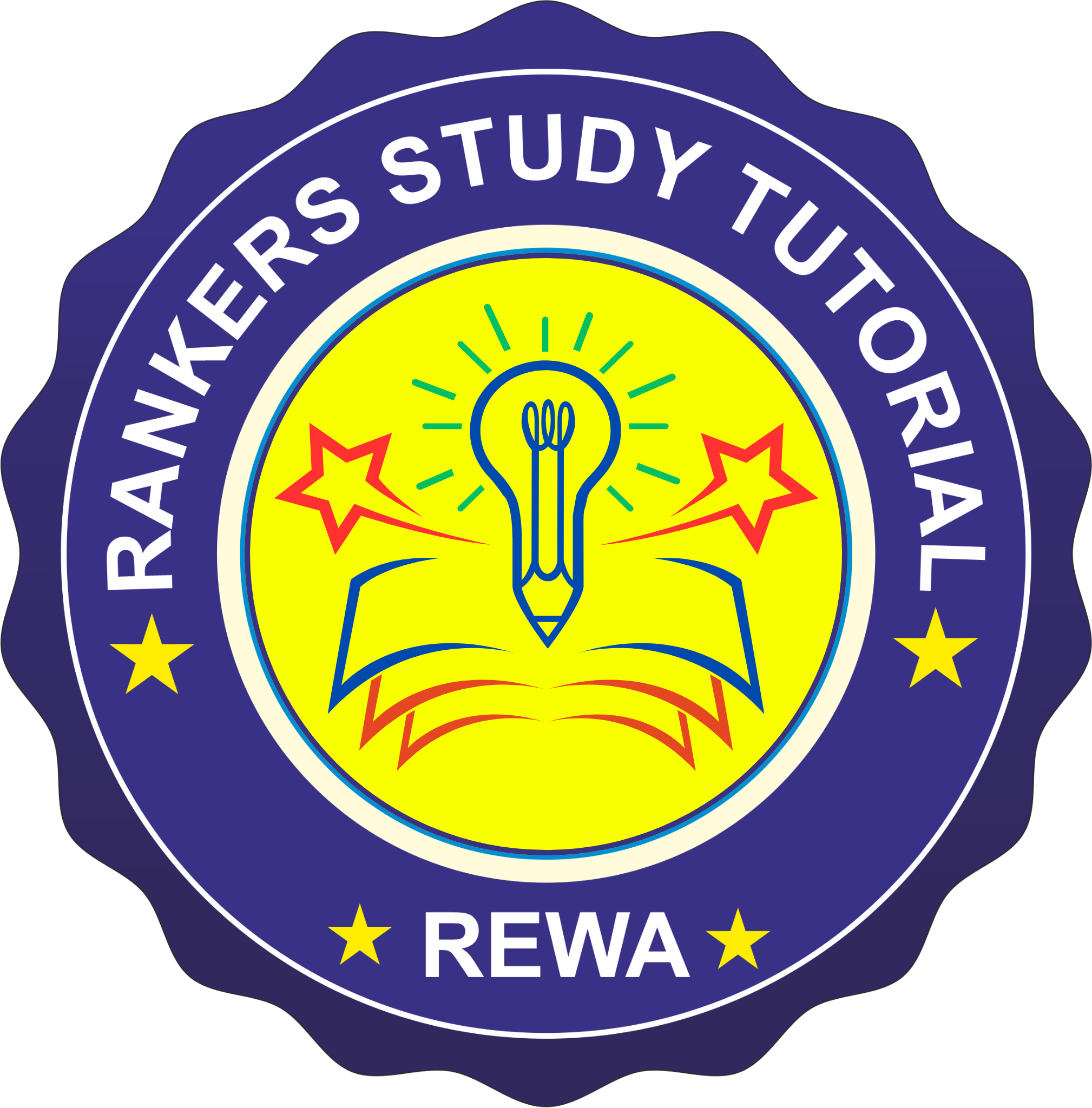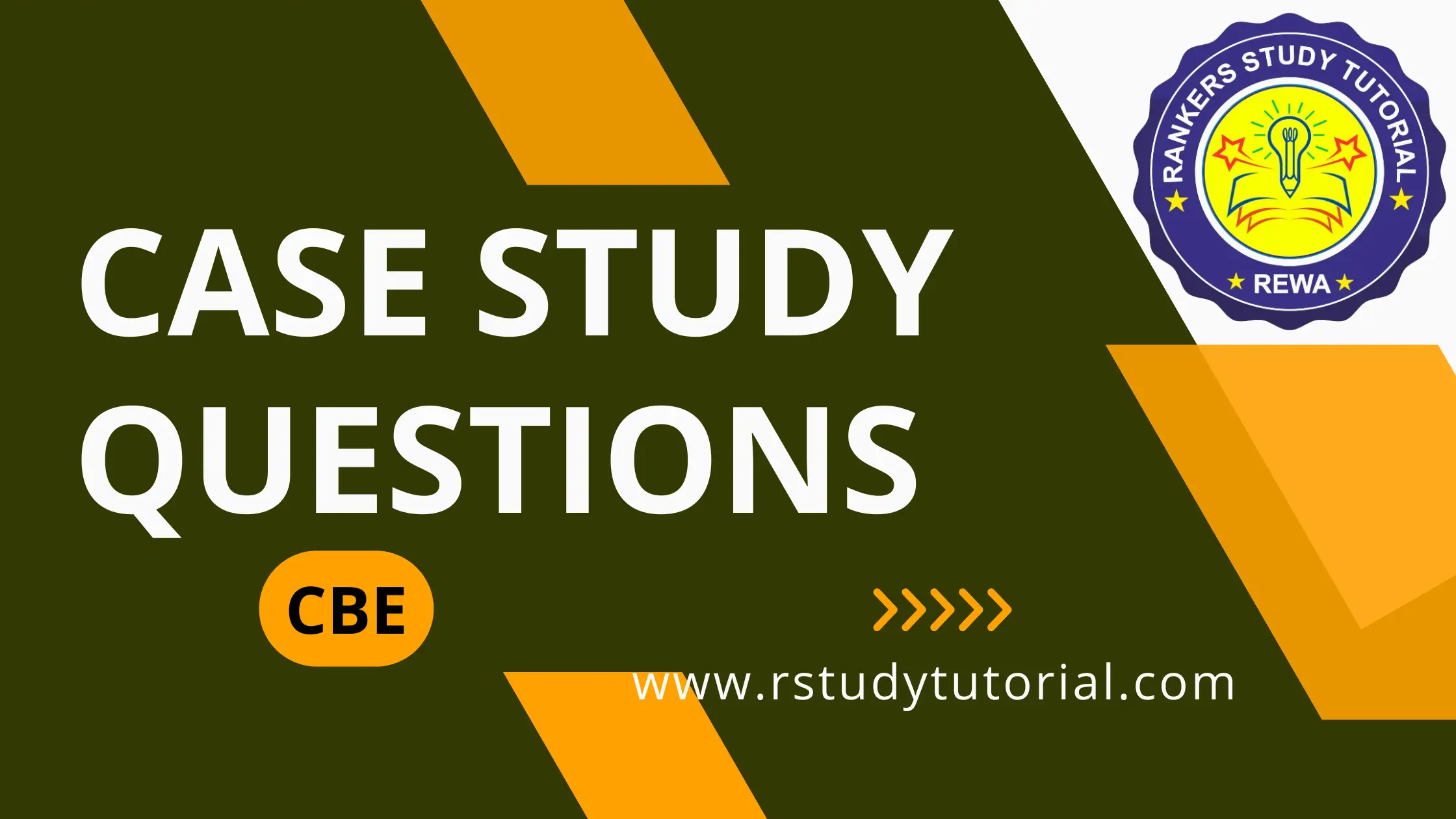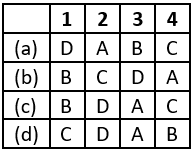Case Study Question 01
Read the given extract and answer the following questions.
The idea of power-sharing has emerged in opposition to the notions of undivided political power. For a long time it was believed that all power of government must reside in one person or group of persons located at one place. It was felt that if the power to decide is dispersed, it would not be possible to take quick decisions and to enforce them. But these notions have changed with the emergence of democracy. One basic principle of democracy is that people are source of all political power. In a democracy, people rule themselves through institutions of self- government. In a good democratic government, due respect is given to diverse groups and views that exist in a society. Everyone has a voice in the shaping of public policies. Therefore, it follows that in a democracy political forms of power-sharing should be distributed amongst as many citizens as possible.
Answer the following MCQs by choosing the most appropriate option:
Question.1. The basic principle of democracy is
(a) people are the source of political power.
(b) none can exercise unlimited power.
(c) power of a government reside in one person.
(d) to reduce conflict between social groups.
Question.2. Which is a prudent reason for power-sharing?
(a) It reduces the possibility of conflict between communities and ensures the stability of political order.
(b) Power-sharing is the very spirit of democracy.
(c) Both (a) and (b)
(d) None of these
Question.3. Which of the following options describes a good democratic system?
(a) Everyone has a voice in the shaping of public policies.
(b) Power to take quick decision and to enforce them.
(c) All powers reside in the person.
(d) Power is shared among central and state governments.
Question.4. Which of the following is not one of the aspects of federal division of power?
(a) Sharing of powers among central provincial and local governments.
(b) Division of powers involving higher and lower levels of governments.
(c) The Constitution clearly lays down powers of different levels of government.
(d) There is no vertical division of powers.
Ans.1. (a)
Ans.2. (a)
Ans.3. (d)
Ans.4. (d)
Case Study Question 02
Read the given extract and answer the following questions.
Democracy is based on political equality and all individuals have equal right to choose their representative. But along with this (political equality) we can see growing economic inequality among the individuals. A small number of ultra-rich enjoy a highly disproportionate share of wealth and income. Due to these reasons, their share in total income of the country is increasing. On the other hand, the income of poor is declining. Sometimes they (poor) find it difficult to meet their basic needs of life, such as food, clothing, house, education and health. Though poor constitute a large proportion of voters, yet the democratic governments are not keen to take up the question of poverty. The situation is much worse in some other countries. Like Bangladesh where more than half of its population lives in poverty, even people of poor countries are now dependent on the rich countries for food supplies.
Answer the following MCQs by choosing the most appropriate option:
Question.1. Democracy is based on
(a) Political equality and that all individuals have equal rights to choose their representatives.
(b) The wishes and desires of the people of a country.
(c) The principles of constitution.
(d) The foundations of growth and development.
Question.2. Does a democracy hold its purposes?
(a) Yes, it holds.
(b) Sometimes yes, and sometimes no.
(c) No, it does not.
(d) The purpose has hit the target.
Question.3. What is the present scenario of the society?
(a) There is equilibrium between the poor and the rich.
(b) A small number of ultra-rich enjoy a highly disproportionate share of wealth and incomes.
(c) The rich have become the leaders of the nation.
(d) The income of poor is also increasing.
Question.4. Why are the democratic governments not keen to take up the questions of poverty?
(a) The governments are under-pressure of big guns and let them do what they like.
(b) They are not interested in solving such petty matters.
(c) This is not in their agenda.
(d) They are insecure and do not want to put hands on aching nerves.
Ans.1. (a)
Ans.2. (c)
Ans.3. (b)
Ans.4. (a)
Case Study Question 03
Read the given extract and answer the following questions.
Belgium is a small country in Europe, smaller in area than the state of Haryana. It has borders with France, the Netherlands, Germany and Luxembourg. It has a population of a little over one crore, about half the population of Haryana. The ETHNIC composition of this small country is very complex. Of the country’s total population, 59 per cent lives in the Flemish region and speaks Dutch language. Another 40 per cent people live in the Wallonia region and speak French. Remaining one per cent of the Belgians speak German. In the capital city Brussels, 80 per cent people speak French while 20 per cent are Dutch speaking. Sri Lanka has a diverse population. The major social groups are the Sinhala-speakers (74 per cent) and the Tamil-speakers (18 per cent). Among Tamils there are two subgroups. Tamil natives of the country are called ‘Sri Lankan Tamils’ (13 per cent). The rest, whose forefathers came from India as plantation workers during colonial period, are called ‘Indian Tamils.
Answer the following MCQs by choosing the most appropriate option:
Question.1. Who are called Indian Tamils in context of Srilanka?
(a) Forefathers came from India as plantation workers during colonial period, are called ‘Indian Tamils’
(b) Indentured labourers of Carribean
(c) Red Indians
(d) Nordic Aryans
Question.2. Complete the sentence with appropriate word.
In the capital city __________ 80 per cent people speak French while 20 per cent are Dutch speaking.
(a) Brussels
(b) Paris
(c) London
(d) Moscow
Question.3. Why is the ethnic composition of the small country Belgium very complex?
(a) Of the country’s total population, 59 per cent lives in the Flemish region and speaks Dutch language.
(b) Another 40 per cent people live in the Wallonia region and speak French.
(c) In the capital city Brussels, 80 per cent people speak French while 20 per cent are Dutch speaking.
(d) All of these
Question.4. The major social groups are the Sinhala-speakers ________ and the Tamil-speakers _________.
(a) 72, 16
(b) 74, 18
(c) 70, 20
(d) 73, 19
Ans.1. (a)
Ans.2. (a)
Ans.3. (d)
Ans.4. (b)
Case Study Question 04
Read the given extract and answer the following questions.
Democracies are based on political equality. All individuals have equal weight in electing representatives. Parallel to the process of bringing individuals into the political arena on an equal footing, we find growing economic inequalities. A small number of ultra-rich enjoy a highly disproportionate share of wealth and incomes. Not only that, their share in the total income of the country has been increasing. Those at the bottom of the society have very little to depend upon. Their incomes have been declining. Sometimes they find it difficult to meet their basic needs of life, such as food, clothing, house, education and health.
Answer the following MCQs by choosing the most appropriate option:
Question.1. Democracies are based on which type of equality?
(a) political equality
(b) social equality
(c) economic equality
(d) religious equality
Question.2. Why all individuals have equal weight in electing representatives?
(a) there is political equality for all individuals
(b) equal opportunities
(c) equal protection of law
(d) None of these
Question.3. What are the basic needs of life?
(a) Wealth
(b) Food, clothing, house, education and health
(c) Property
(d) Foreign Trip
Question.4. Why those at the bottom of the society, have very little resources?
(a) Their income is very less.
(c) They are extravagant.
(b) They are educated.
(d) None of these
Ans.1. (a)
Ans.2. (a)
Ans.3. (b)
Ans.4. (a)
Case Study Question 05
Read the given extract and answer the following questions.
Different organs of government placed at the same level to exercise different powers. Such a separation ensures that none of the organs can exercise unlimited power. Each organ checks the others. This results in a balance of power among various institutions. Last year, we studied that in a democracy, even though ministers and government officials exercise power, they are responsible to the Parliament or State Assemblies. Similarly, although judges are appointed by the executive, they can check the functioning of executive or laws made by the legislatures. This arrangement is called a system of checks and balances.
Answer the following MCQs by choosing the most appropriate option:
Question.1. The above extract related to which of the following options:-
(a) Horizontal Power Sharing
(c) Regional Power Sharing
(b) Vertical Power Sharing
(d) None of these
Question.2. Which among the following option is correct regarding power sharing?
(a) When power is shared among different organs of the government
(b) When power is shared among at different levels
(c) When power is shared among different social groups
(d) All of these
Question.3. Match List I with List II:
Question.4. Which among the following is called a system of checks and balances?
(a) The judges are appointed by the executive and further judges can check the functioning of executive or laws made by the legislature.
(b) The President of India appoints the Prime Minister and further the Prime Minister checks the powers of the President.
(c) The Supreme Court judges checks the powers of the High Court.
(d) All of these
Ans.1. (a)
Ans.2. (d)
Ans.3. (c)
Ans.4. (a)
Case Study Question 06
Read the given extract and answer the following questions.
In a democracy, we are most concerned with ensuring that people will have the right to choose their rulers and people will have control over the rulers. Whenever possible and necessary, citizens should be able to participate in decision making, that affects them all. Therefore, the most basic outcome of democracy should be that it produces a government that is accountable to the citizens, and responsive to the needs and expectations of the citizens. Some people think that democracy produces less effective government. It is, of course, true that non- democratic rulers are very quick and efficient in decision making and implementation, whereas, democracy is based on the idea of deliberation and negotiation. So, some delay is bound to take place. But, because it has followed procedures, its decisions may be both more acceptable to the people and more effective. Moreover, when citizens want to know if a decision was taken through the correct procedures, they can find this out. They have the right and the means to examine the process of decision making. This is known as transparency. This factor is often missing from a non-democratic government. There is another aspect in which democratic government is certainly better than its alternatives: democratic government is legitimate government. It may be slow, less efficient, not always very responsive, or clean. But a democratic government is people’s own government.
Answer the following MCQs by choosing the most appropriate option:
Question.1. People’s right to choose their own rulers is called as the
(a) Right to Initiate
(b) Right to Plebiscite
(c) Right to Vote
(d) Right to Referendum
Question.2. Which of the following options helps in promoting transparency in the governance?
(a) Right to education
(b) Right to information
(c) Right against exploitation
(d) Right to speech and expression
Question.3. __________ make/s the government legitimate.
(a) Credibility of politicians
(b) People’s movements
(c) Free and fair elections
(d) Holding of powers
Question.4. Decisions in a democracy are more acceptable to the people because they are
(a) taken swiftly and implemented quickly
(b) taken by giving privileges to the people
(c) taken through elites’ votes
(d) taken after following due processes
Ans.1. (c)
Ans.2. (b)
Ans.3. (c)
Ans.4. (d)






